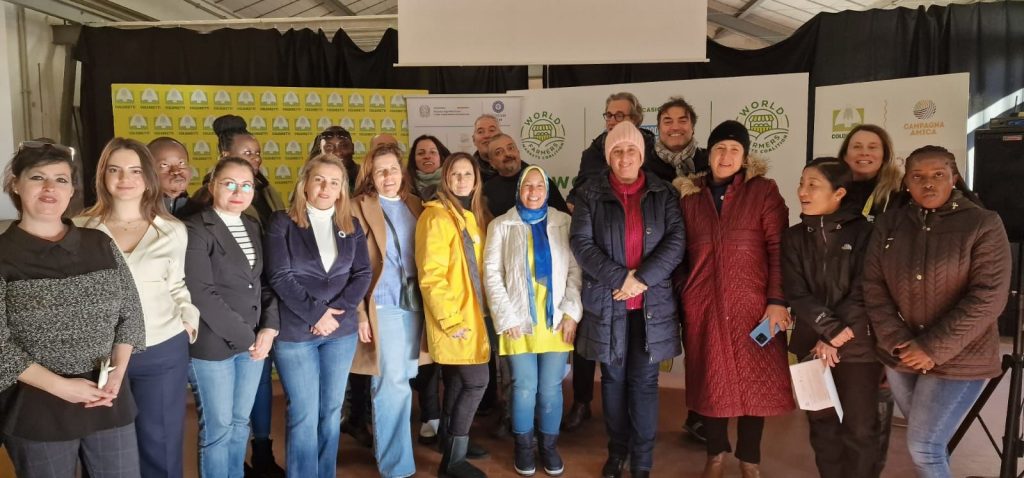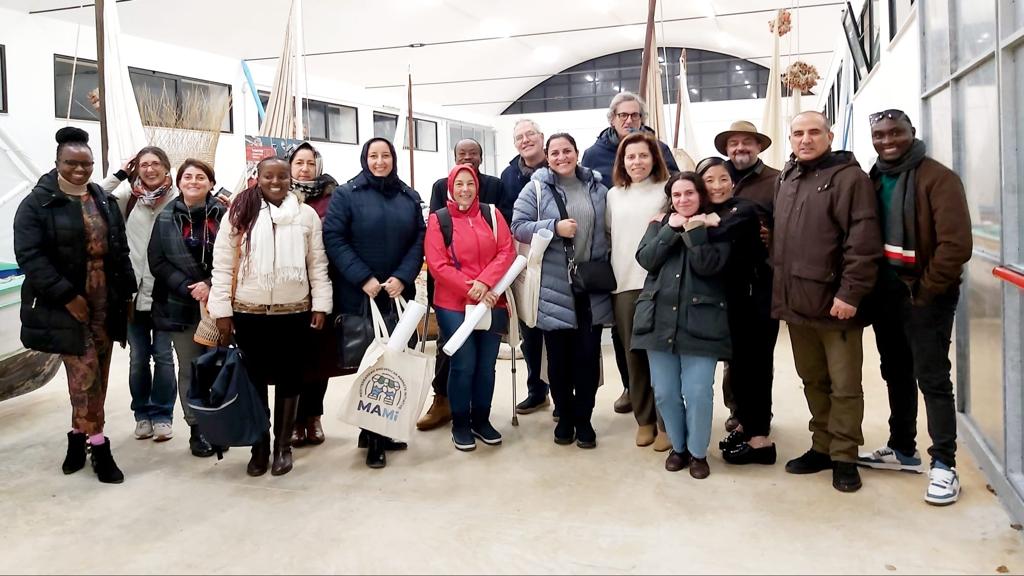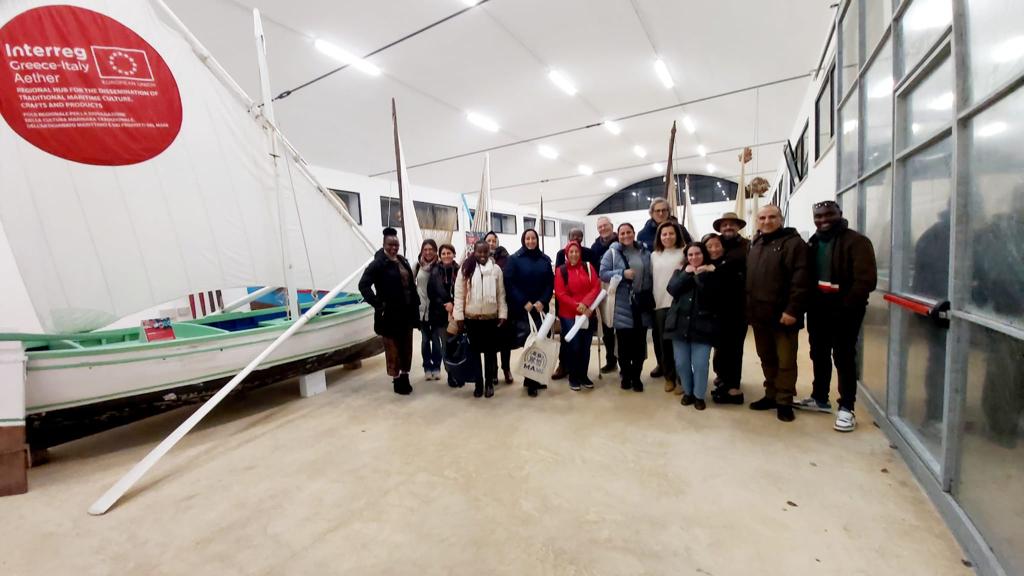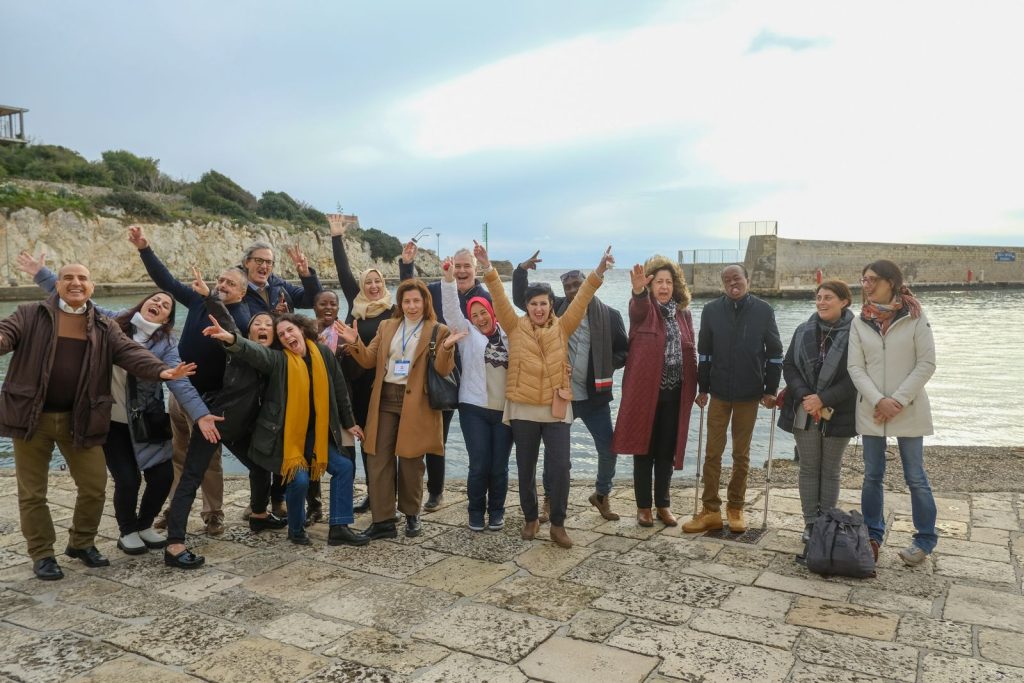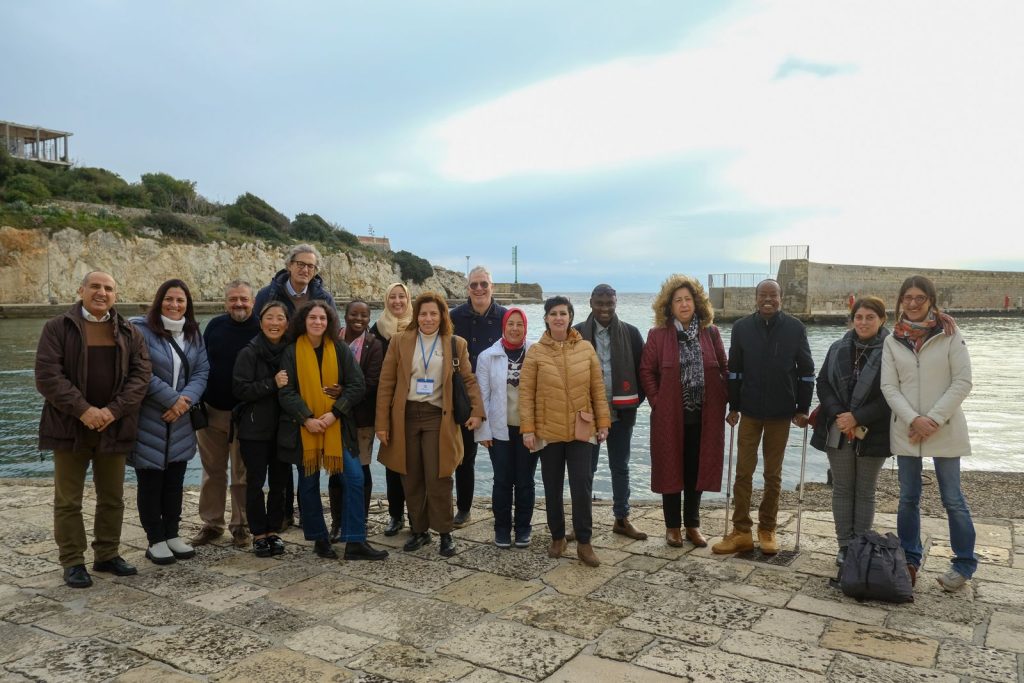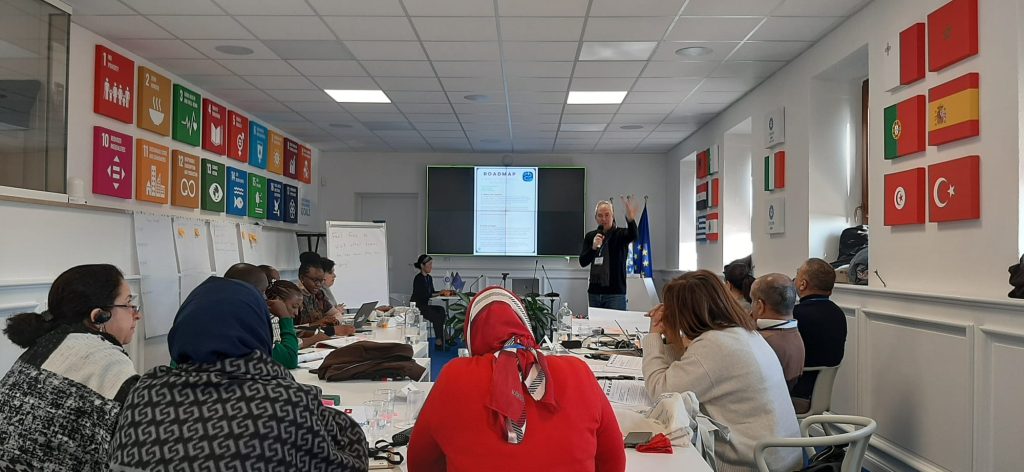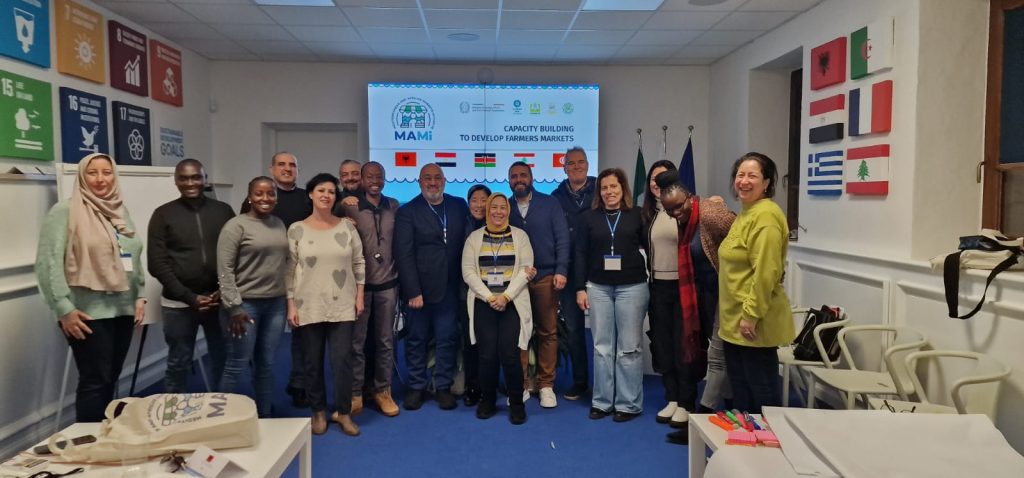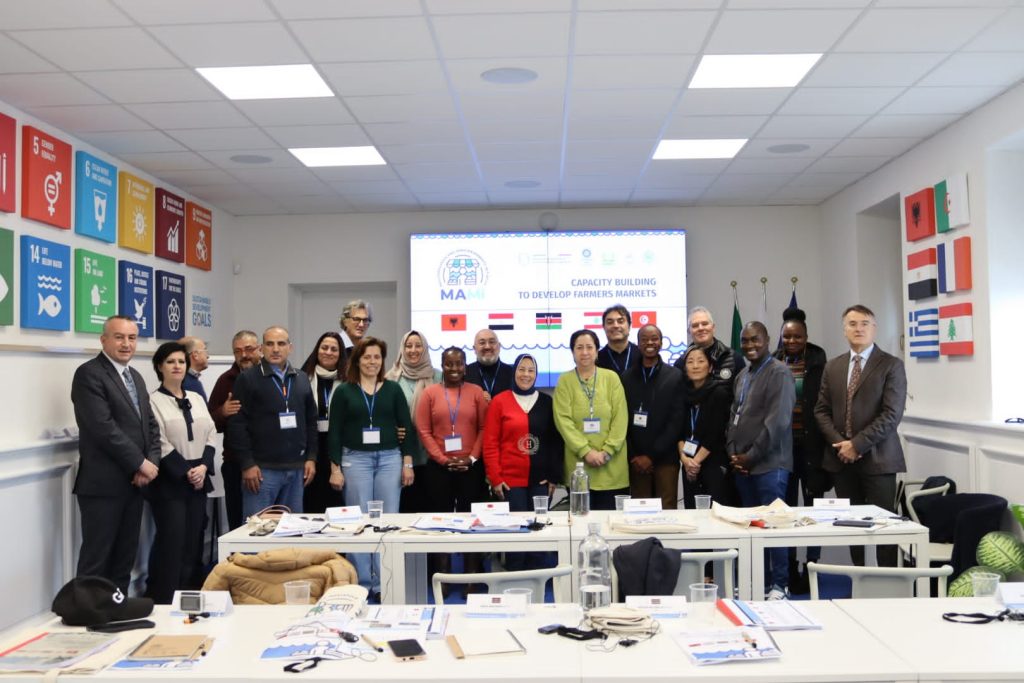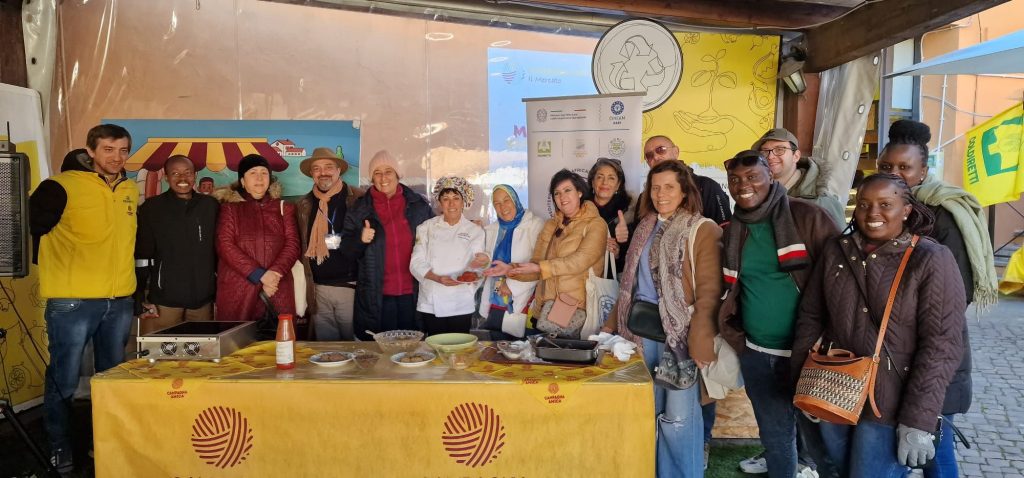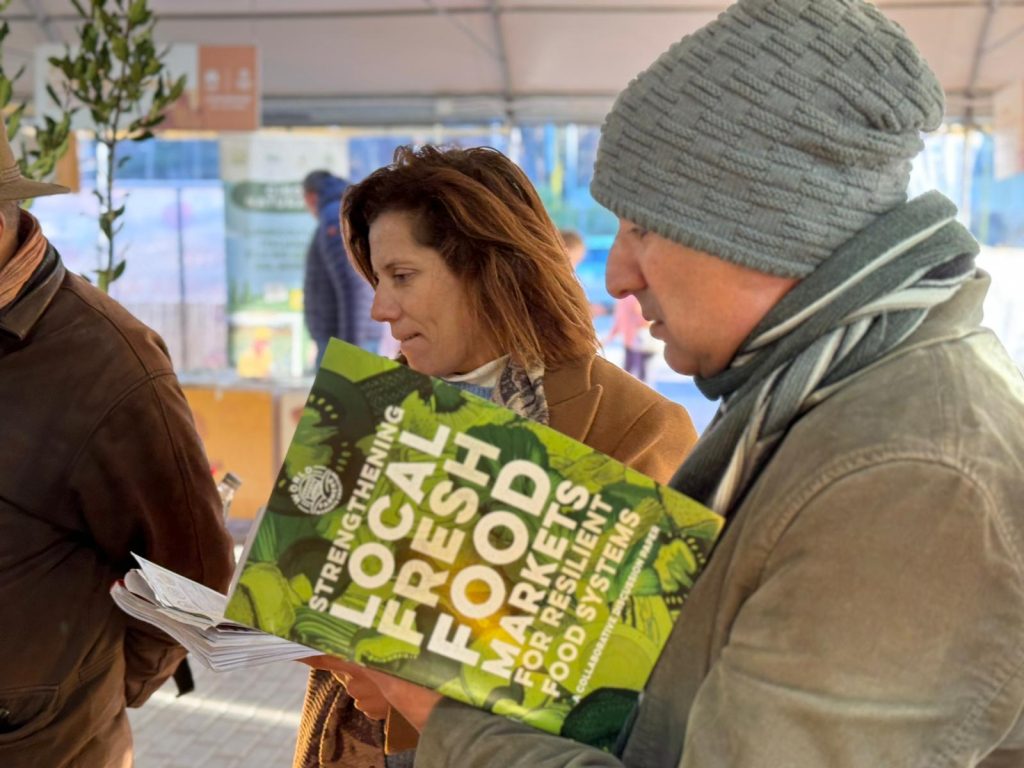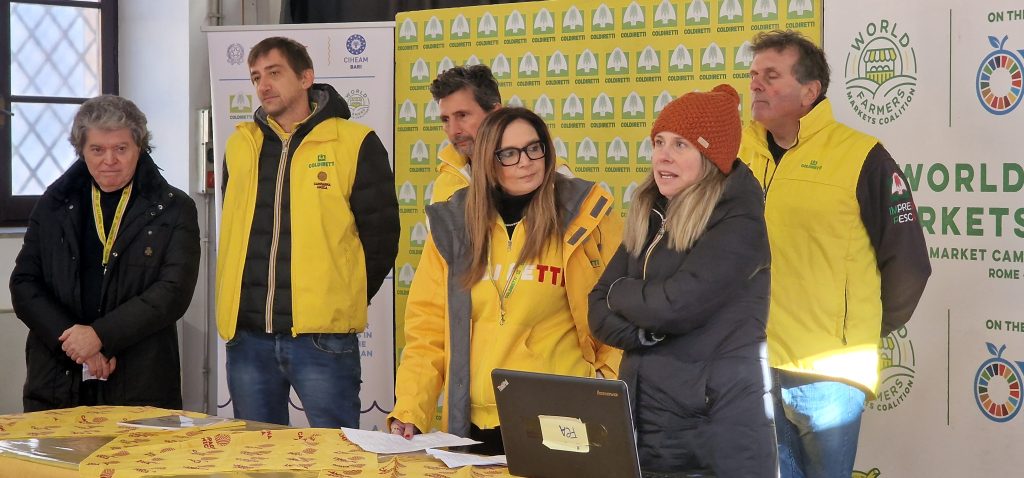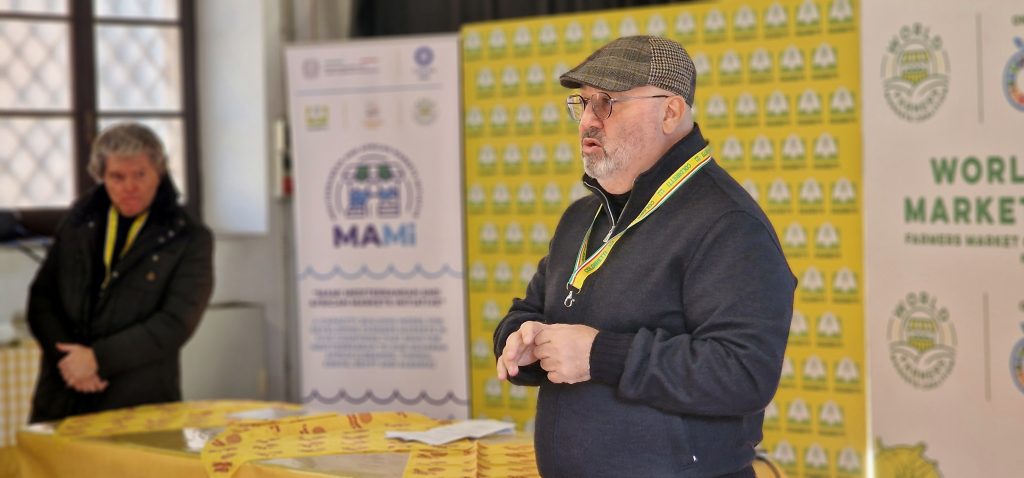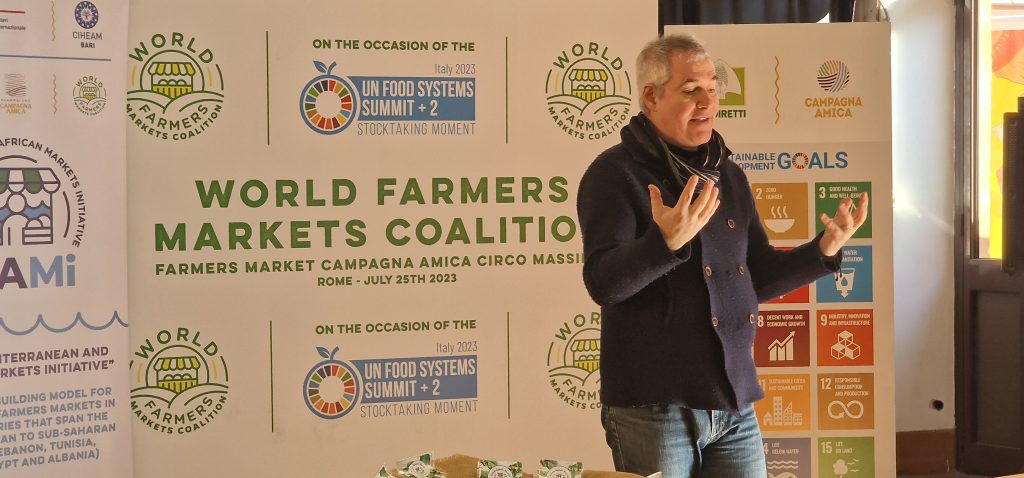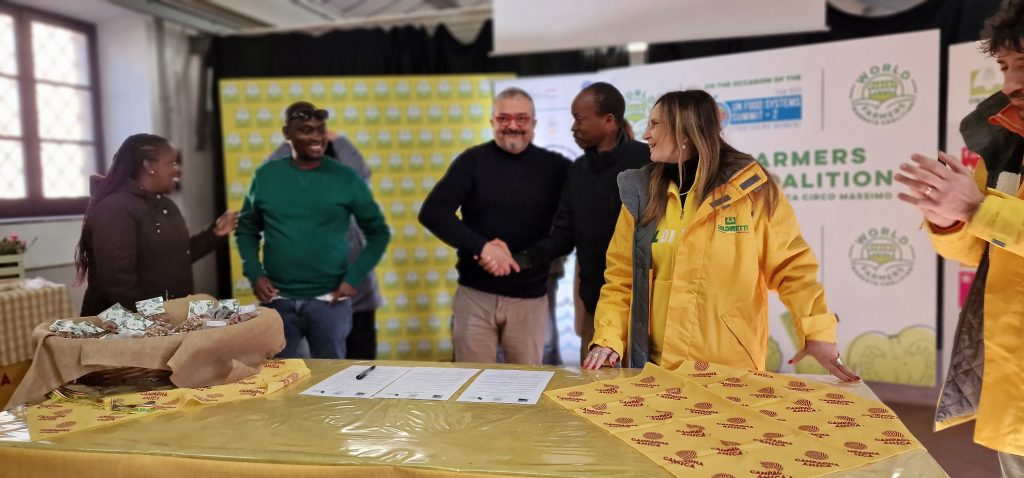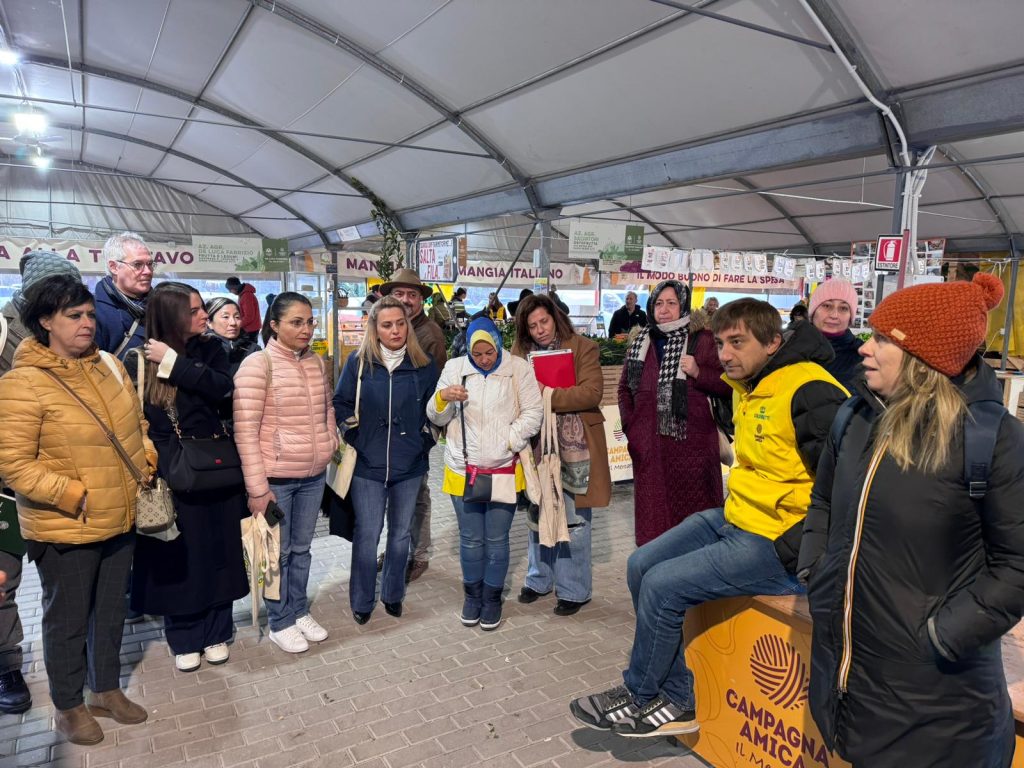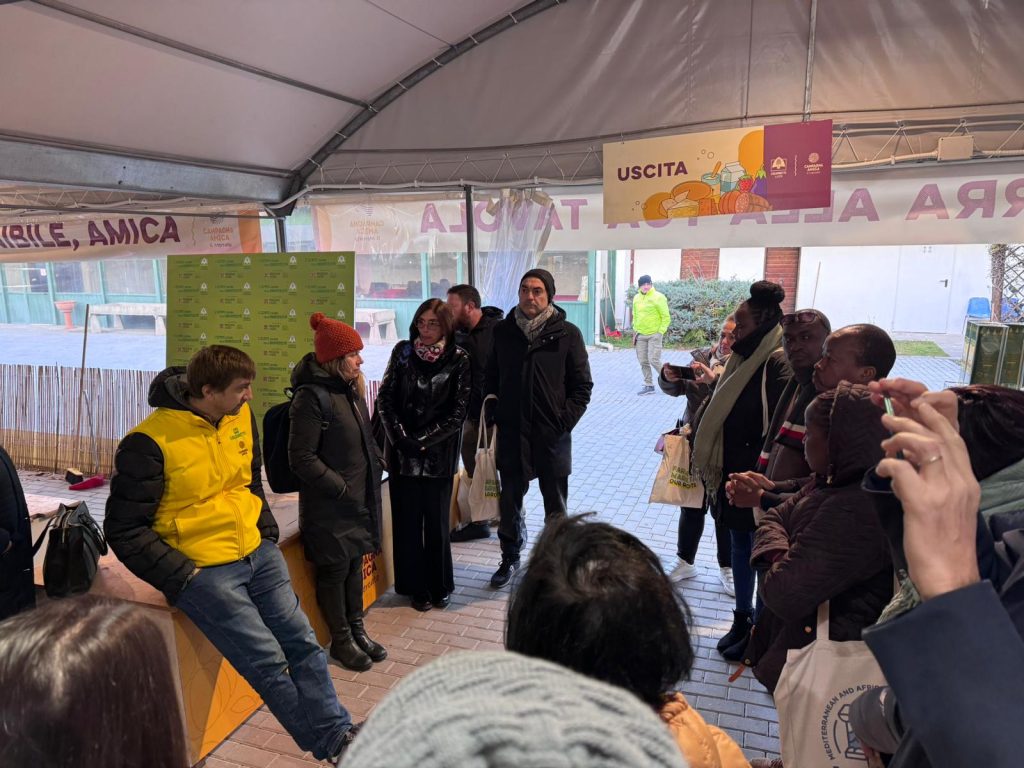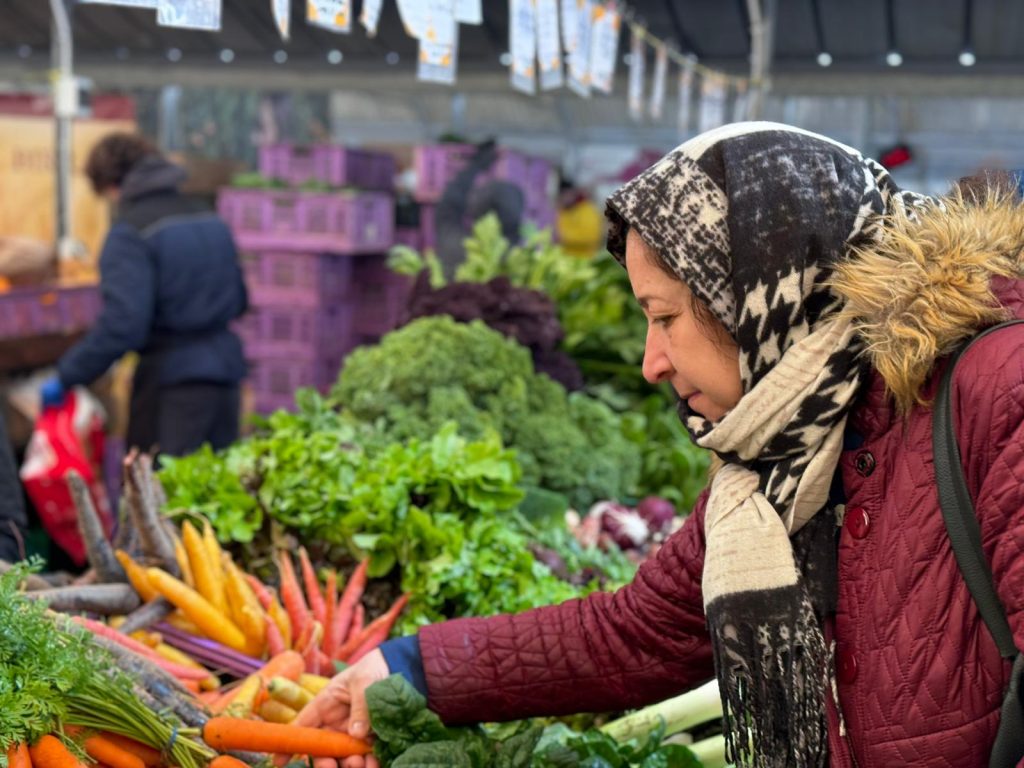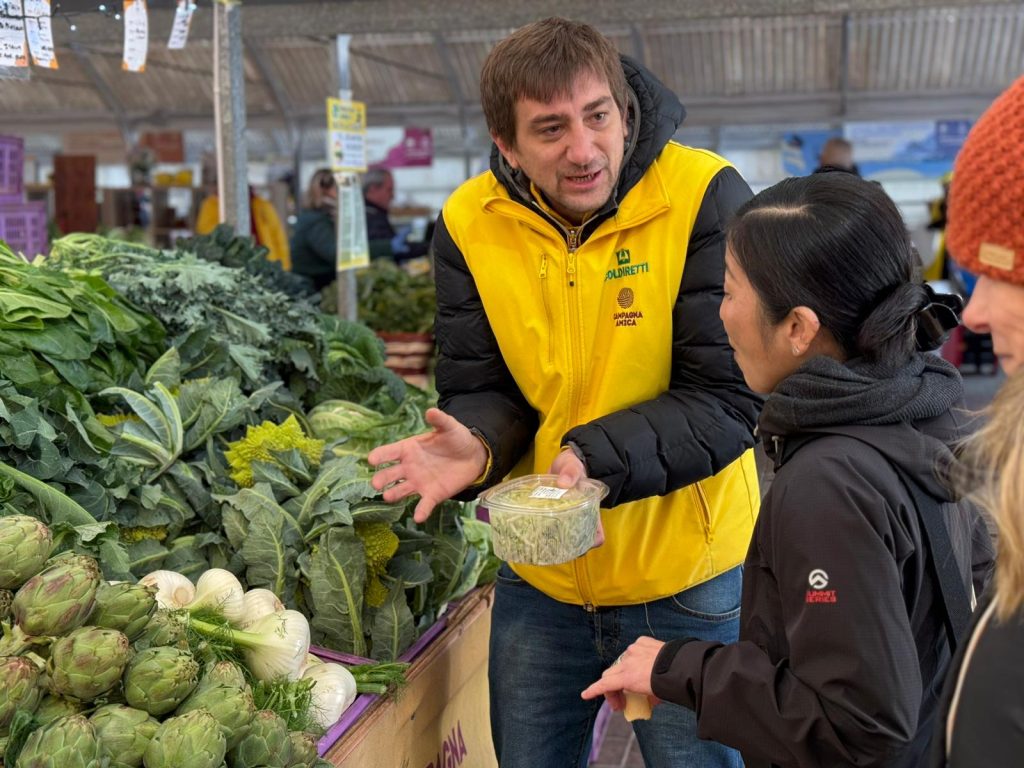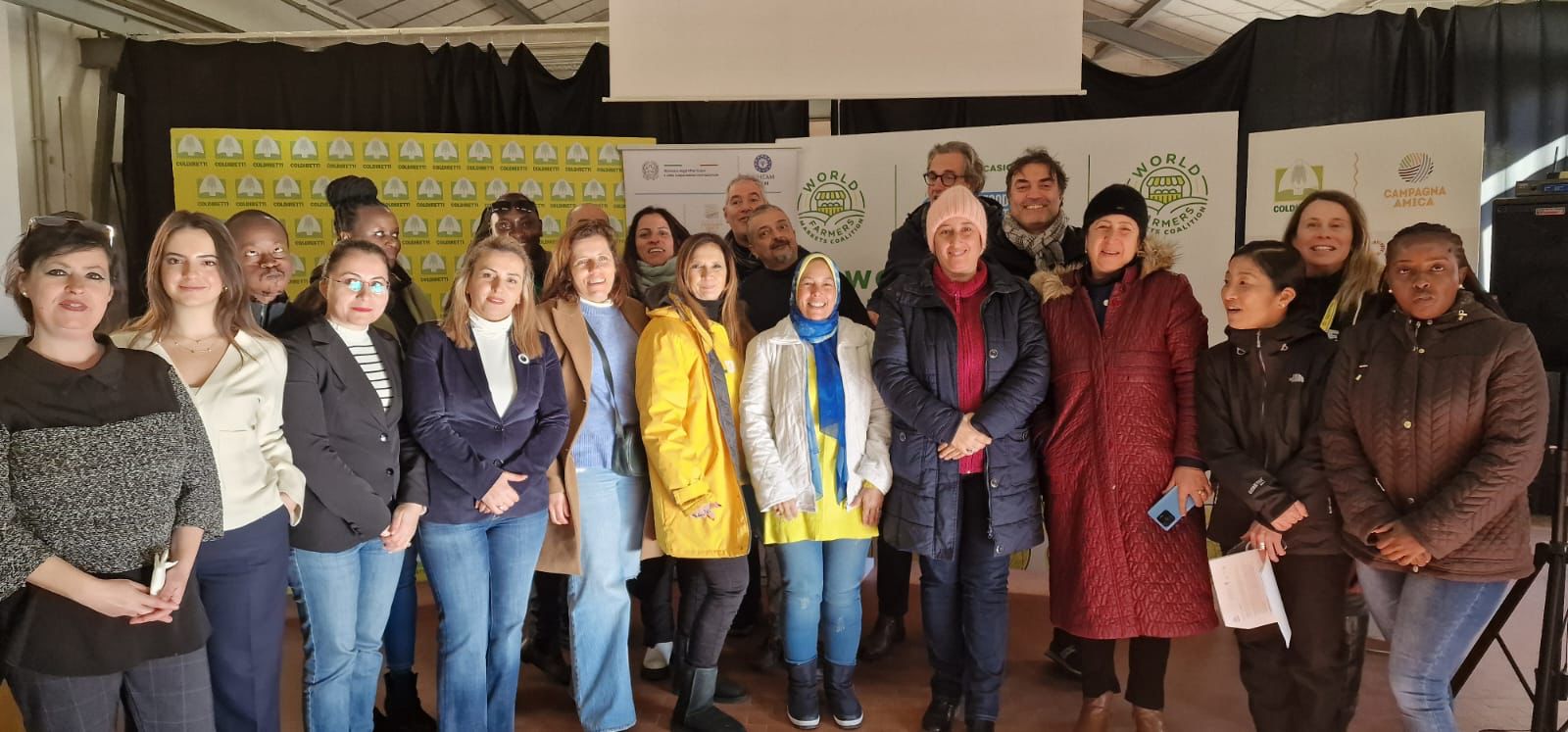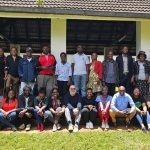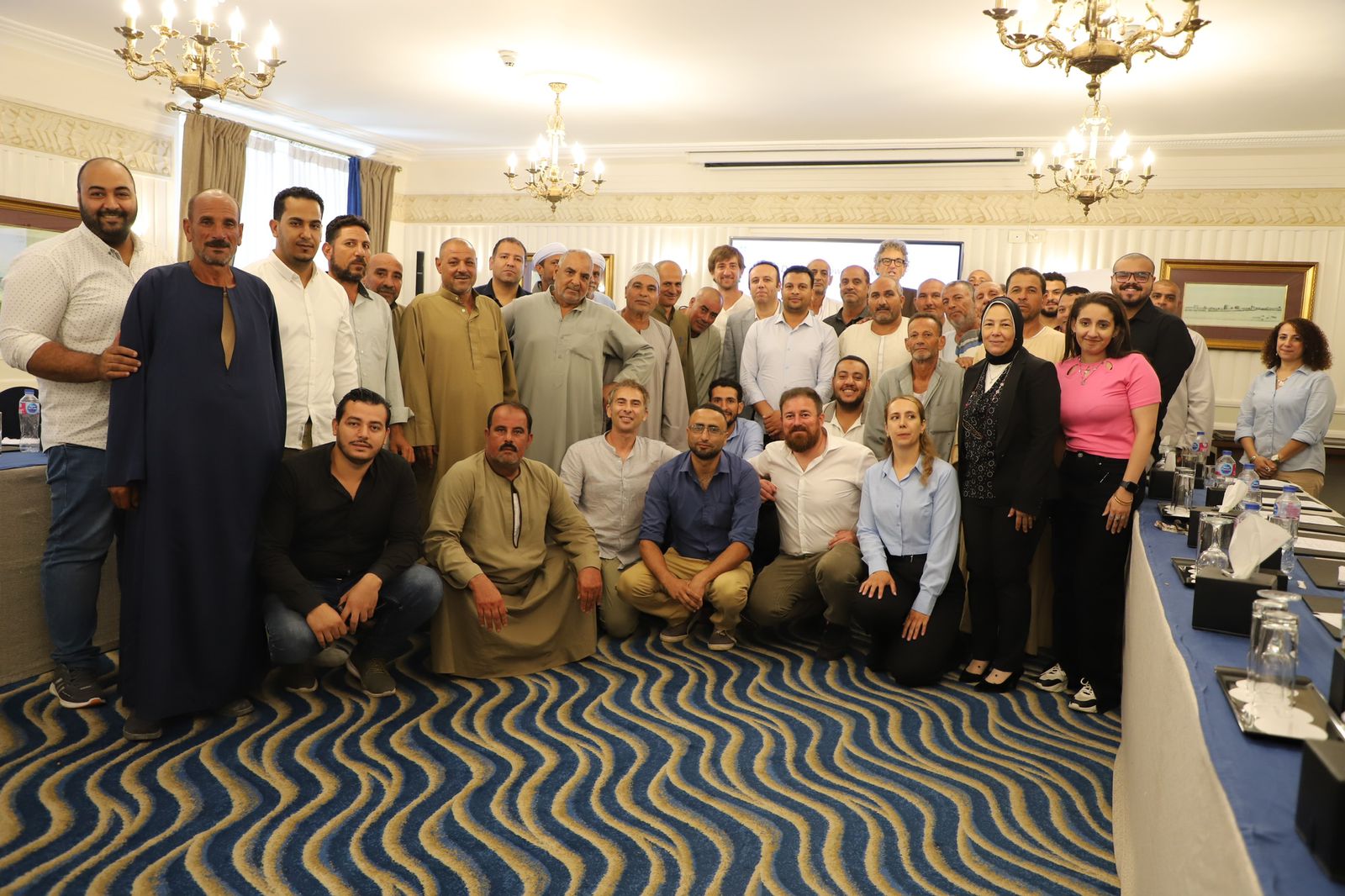Recognizing that many rural inhabitants in the region find it difficult to remain on the land, the Initiative tests the theory that farmers markets are pivotal commercial and civic institutions that chart an alternative path to local self-reliance. The “MAMi — Mediterranean and African Markets Initiative” initiative selected five countries Albania, Egypt, Kenya, Lebanon, and Tunisia to address what is now commonplace: large numbers of rural populations driven from land due to the destabilizing effects of climate chaos, war, and political and economic instability.
Launched in October 2023 at the agricultural festival, the Coldiretti Village in Rome, together with several public authorities, the MAMi Farmers Markets Project aims to create 50 farmers markets that engage more than 1,000 farmers in 24 months. These new institutions will be led by an emerging generation of farmers market professionals from business, government, and civil society. The MAMi technical support team provides support flexible enough to respond to the assets and needs of different territorial contexts. In some cases, markets exist but need technical help to grow into networks. In others, no professionally organized farmers markets exist but the potential is there. Importantly, the leaders in these five countries will rely upon each other to learn and pursue new kinds of investments in agriculture and public health, policy change, and leadership.
In early January 2024, the first classroom training was held at the prestigious headquarters of CIHEAM in Bari, and in its community development unit in Tricase. Leaders in government, civil society, and agriculture from the five target countries participated in classroom instruction, role-playing, site visits to the Tricase Food4Health Lab, and to Campagna Amica farmers markets in Lecce and Rome.
The role of the Italian farmers market model, as developed by Campagna Amica, is of particular interest. Not only does its network of 1,200 farmers markets represent the largest national network of its kind, but it also serves as the most visible embodiment of the approach to agriculture that became codified as national public policy in 2001 with the passage of the Modernization of Agriculture Law. Not only did the law simplify unnecessarily complex tax and permitting regimes governing agriculture and marketing, but it also redefined agriculture as more than just the act of production. Instead, it values activities on the land that provide nourishment and dignified livelihoods for the families who own and work the land. This approach has set in motion two decades of experimentation with agritourism, direct marketing, and social farming.
World Farmers Markets Coalition (WorldFMC) General Director Carmelo Troccoli adds: “When trust in agro-economic and social relations and institutions is at a low point, people cut and run to the cities.” Policy experts have pointed out that the nearby city may be only the first stop in a quest for employment and security elsewhere in Europe or even North America.
Troccoli adds that “while the ultimate destination for migrants may be Italy or beyond, we are investing in the systems that give people a reason to remain at home, on the land, maintaining dignified livelihoods, and preserving their distinct local cultures.”
This is where farmers markets come in. Though known for their colorful tents and commercial transactions, WorldFMC Head of Strategy and City University of New York Professor, J. Robin Moon describes how this initiative promotes a systems approach in the curriculum she has designed: “Markets represent the first step to grow alternatives that reward entrepreneurism balanced with cooperation.” Since farmers markets forge direct relationships between producers and consumers, their proximity also yields the promotion of local food, biodiversity, and environmental stewardship, and new linkages between town and country.
# # #
The “MAMi — Mediterranean and African Markets Initiative” is a farmers market capacity-building collaboration between the World Farmers Markets Coalition (WorldFMC) and the Mediterranean agronomic institute of Bari in Italy (CIHEAM – Bari). Financial support comes from the Italian Ministry of Foreign Affairs and International Cooperation.
While the Italian track record is impressive, both CIHEAM and the WorldFMC are committed to contextual development. The Italian farmers market model is as relevant as the ones that have thrived in North America and Australia. However, this challenging work begins with an analysis of the different national contexts, continuing with the assessment of assets and needs until concrete actions are put in place to lay the foundations for the spread of short supply chain systems with farmers, consumers, and local communities as protagonists.
